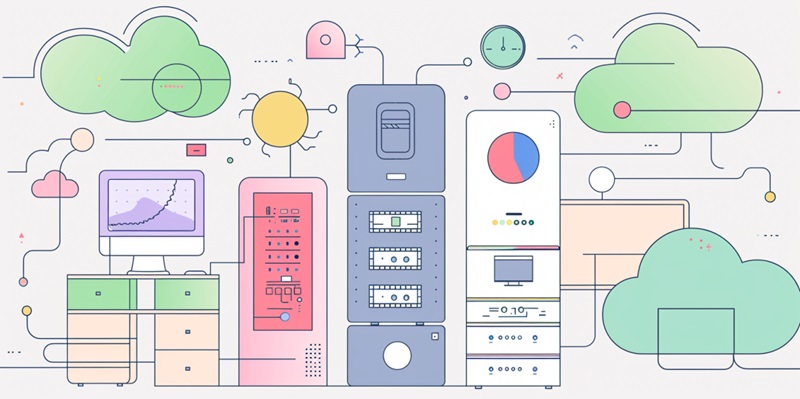The digital era confronts us with a tsunami of data, which could potentially swamp our ability to process information. Google’s AI, powered by its Cloud Natural Language API, stands as a bulwark against this tide. It uses advanced algorithms to distill massive amounts of text down to core summaries. By analyzing sentiment, pinpointing vital entities, and breaking down the syntax, it can delve into the depths of content, bringing forward a compressed yet accurate representation of the main points. The API’s intricate method ensures that these summaries remain true to the original text’s core intent and substance, making it easier for us to absorb and comprehend vital information without drowning in data. This technological boon proves indispensable for navigating the information overload characteristic of the digital age.
The Magic of Machine Learning
Google’s AI does not operate in a vacuum—it learns. Incorporating a feedback loop allows the system to refine its analyses with continuous improvements. As the AI encounters a diverse array of texts, it adapts, evolving to understand nuances and contexts better. This aspect is a game changer for data summarization, as it ensures that the technology grows more precise and insightful with time. The evolving intelligence of Google’s AI signifies a significant leap toward automation that can think and learn akin to human editors.
Meeting the Needs of the Information Era
In our fast-paced world, timely and precise information is crucial. Google’s AI is a key asset for various professionals, such as journalists and researchers, who depend on its capacity to succinctly process and present information. Its Cloud Natural Language API has evolved from being merely convenient to an essential part of handling daily online tasks. This technology is transforming how we process the vast amounts of data we face daily by ensuring that the breadth of content is quickly understood. Google’s AI is thus paving the way to a future in which information is not only clear but also swiftly accessible, meeting the modern demand for speed without sacrificing depth. As we continue to navigate through the ever-expanding digital landscape, tools like Google’s AI are becoming invaluable for their role in making sense of complex data quickly and effectively.

